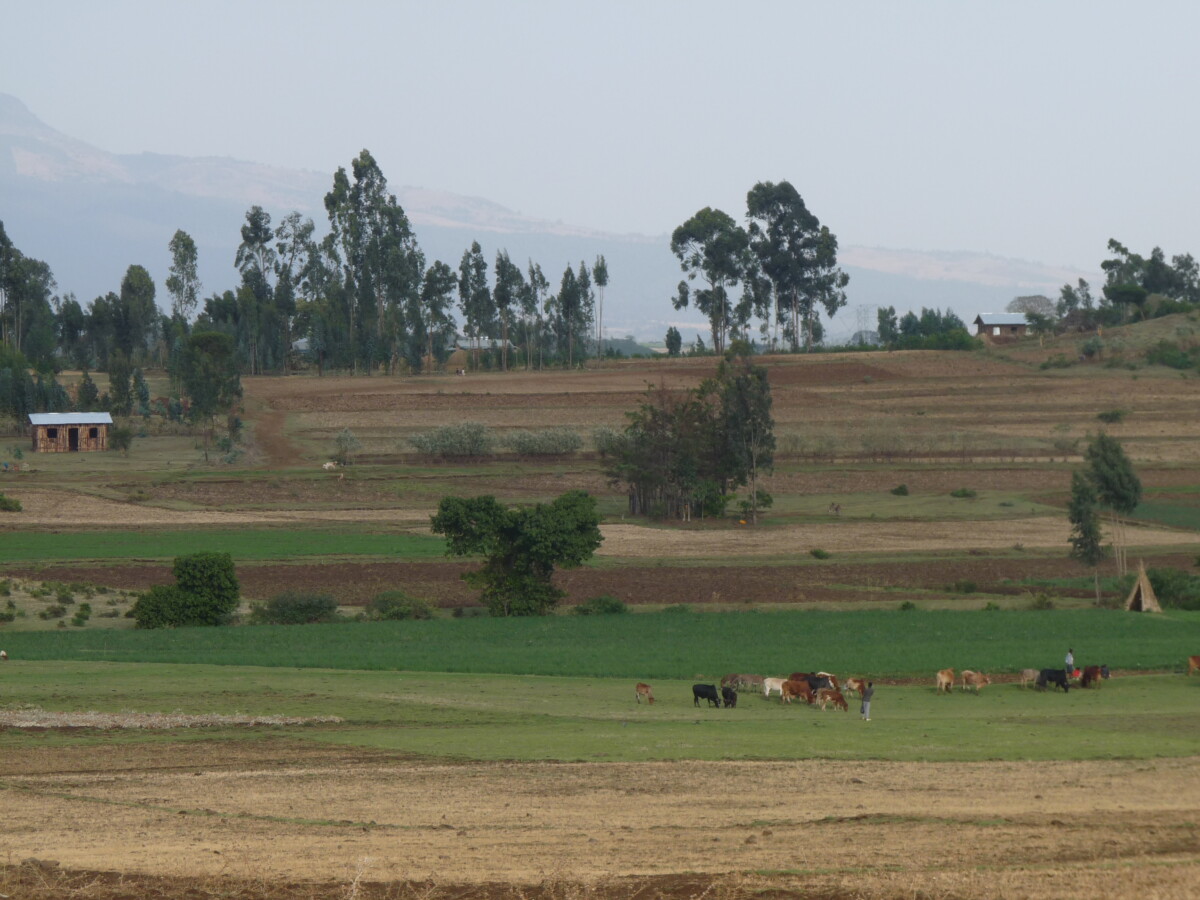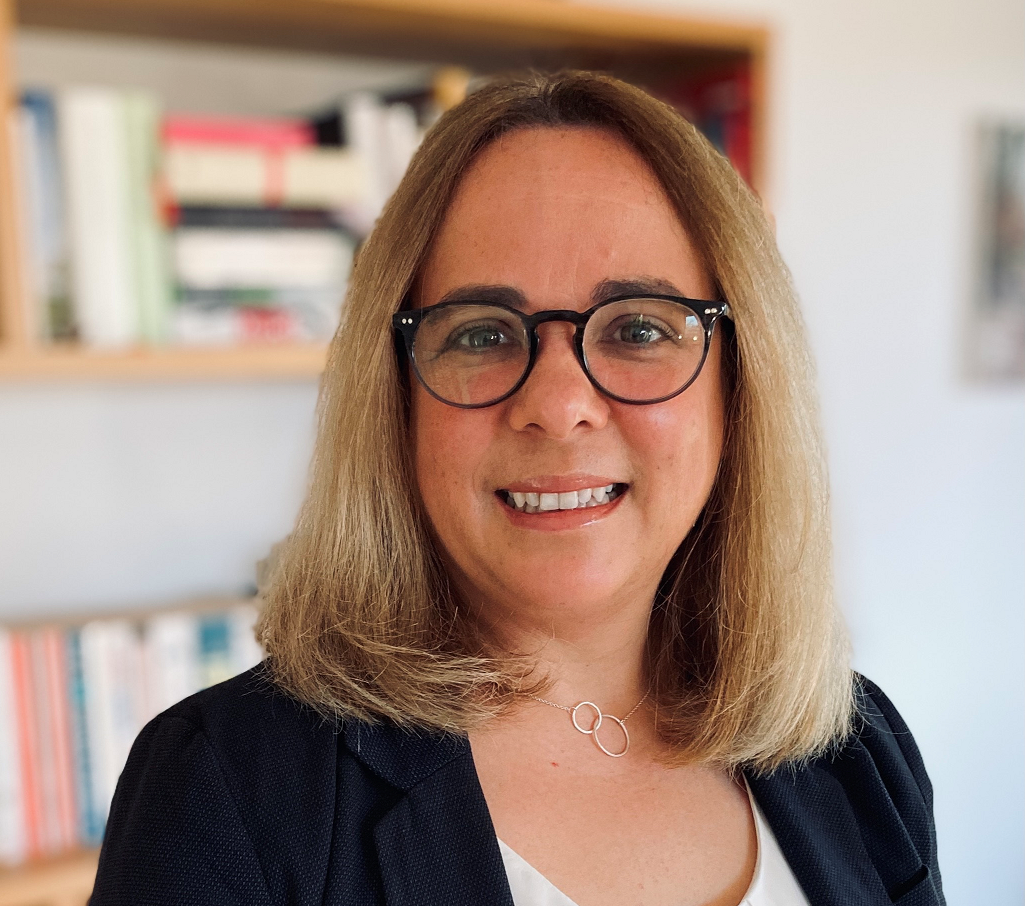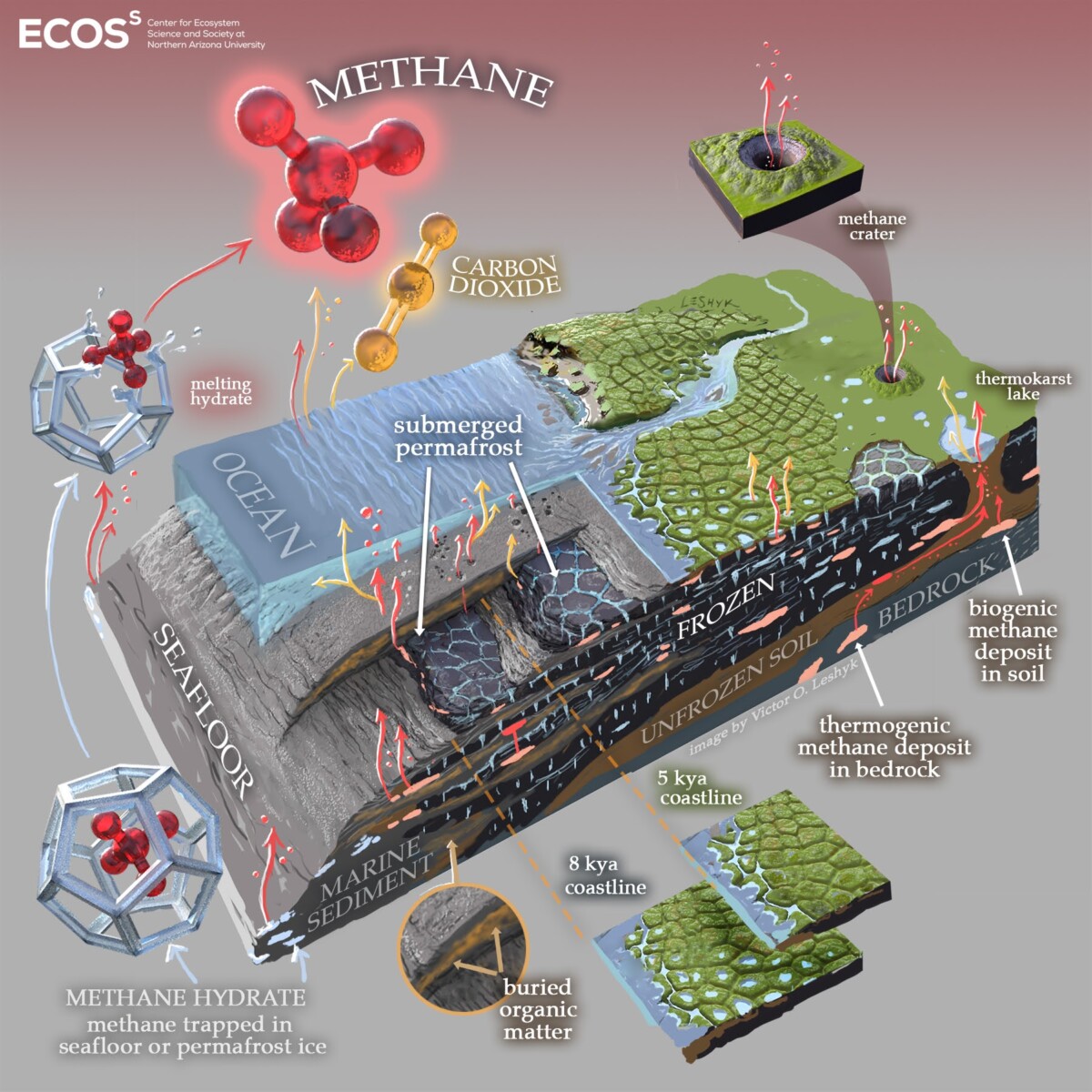News
-

Groundwater recharge rates mapped for Africa
Effective governance and investment decisions need to be informed by reliable data, not only about where groundwater exists, but also the rate at which groundwater is replenished. For the first time using ground measurements, a recent study has quantified groundwater recharge rates across the whole of Africa – averaged over a fifty-year period – which […]
-

IOP Publishing announces its first transformative agreement in Finland
Three year read and publish agreement signed with VTT IOP Publishing (IOPP) has signed its first open access (OA) transformative agreement in Finland. The three year ‘read and publish’ agreement with the VTT Technical Research Centre of Finland (VTT) enables the institution’s authors to publish open access in 58 hybrid IOPP and partner journals at […]
-

Miriam Maus appointed as IOP Publishing’s new publishing director
IOP Publishing (IOPP) has appointed Miriam Maus as its new publishing director. She will be responsible for defining and delivering the organisation’s publishing strategy and leading a global team of editorial, production and author marketing colleagues. Miriam takes over from Antonia Seymour, who will become managing director of the organisation in March when Steven Hall […]
-

IOP Publishing partners with Morressier to introduce a new standard in conference workflows
IOP Publishing (IOPP), the publishing arm of the Institute of Physics, has partnered with Morressier, provider of virtual conference and content solutions for professional and academic organisations, to enhance the publishing workflow for conference research. The new offering will provide an enhanced user-experience via a streamlined and user-friendly review and submission process, as well as […]
-

Are two phases of quarantine better than one?
New research into this question shows that the second wave of an epidemic is very different if a population has a homogenous distribution of contacts, compared to the scenario of subpopulations with diverse number of contacts. The research, by American authors from Oakland University, Novi High School, and California Polytechnic State University, used a simulation […]
-

A groggy climate giant: subsea permafrost is still waking up after 12,000 years
New research suggests slow but substantial greenhouse gas release from submarine permafrost In the far north, the swelling Arctic Ocean inundated vast swaths of coastal tundra and steppe ecosystems. Though the ocean water was only a few degrees above freezing, it started to thaw the permafrost beneath it, exposing billions of tons of organic matter […]
-

Physics societies unite in support of open access
Major physics societies, which support physical science researchers with the publication of more than 75,000 peer-reviewed journal articles each year, have joined forces to show their commitment to open access (OA) for physics research. The group comprises 16 societies: the Acoustical Society of America, the American Association of Physicists in Medicine, the American Association of […]
-

Delaying less developed countries’ efforts to reduce carbon emissions would have a minimal impact on global temperature change
The impact on climate change would only be modest if countries in the process of development were to delay efforts to reduce their carbon emissions until they reach a certain level of economic growth. That is the key finding in a new study published today in Environmental Research Letters by scientists from the Carnegie Institution […]







